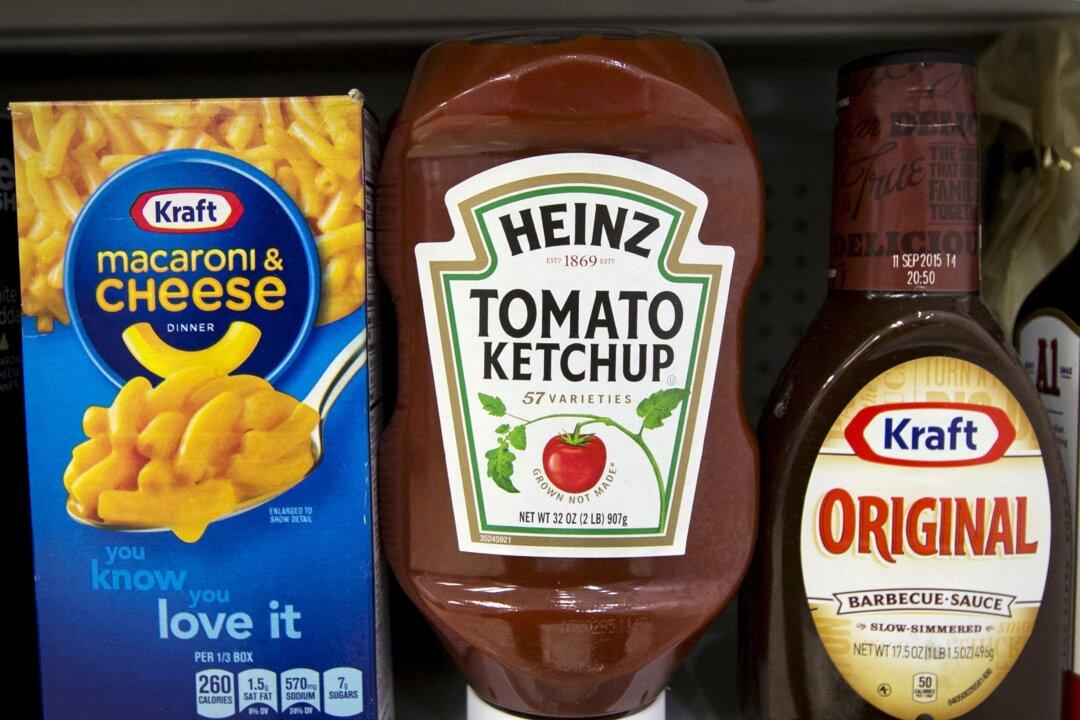The CEO of Kraft Heinz, Miguel Patricio, warned that around the world and in the United States, people will have to get used to higher food prices due to “across the board” inflation.
“We are raising prices, where necessary, around the world,” he told the BBC, adding that his firm has increased prices on more than half its products in the United States, Kraft Heinze’s home market, in recent days.





